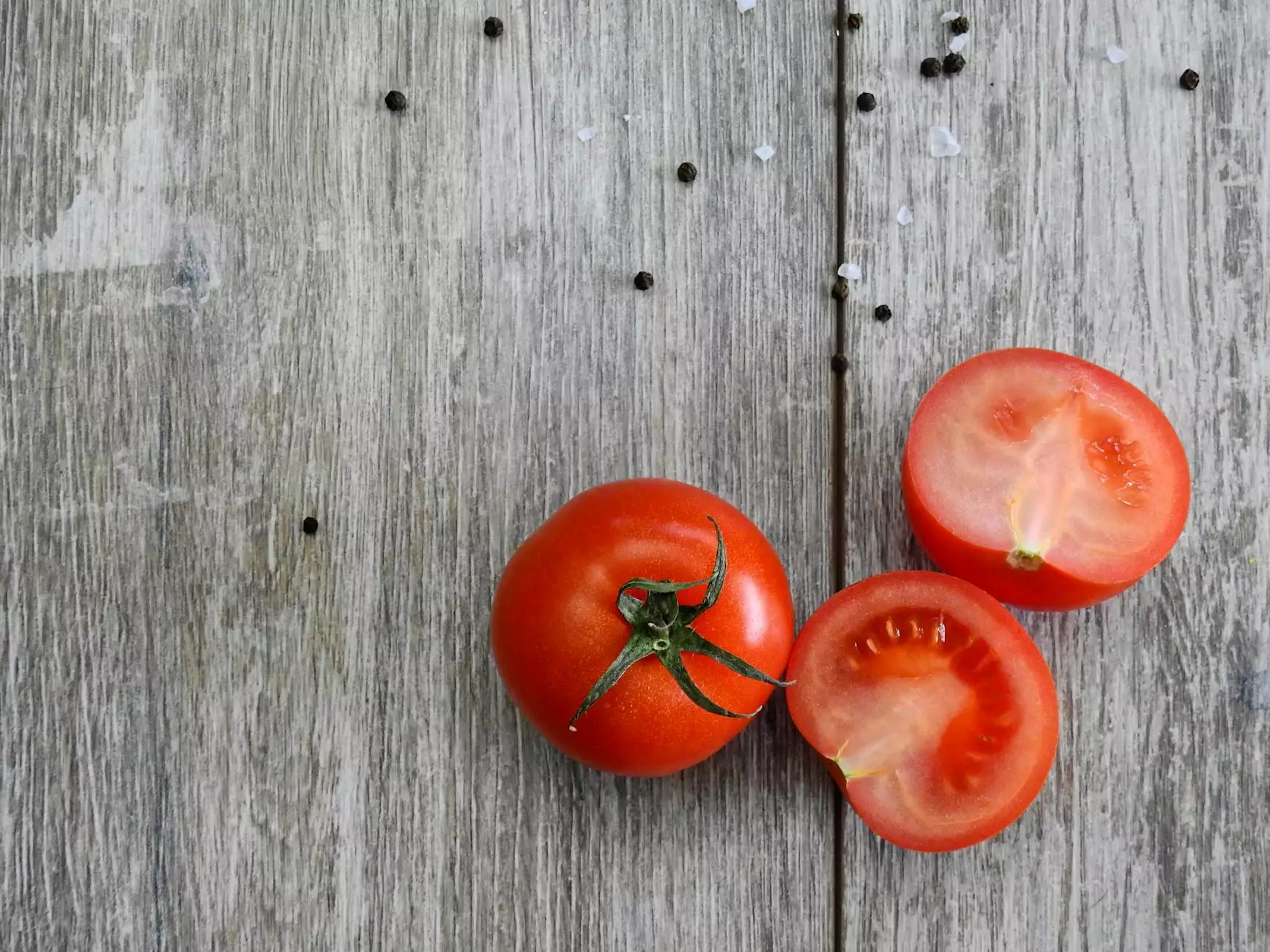The Importance of Horse Vitamins for Optimal Equine Health

When it comes to equine health, the significance of horse vitamins cannot be overstated. Just like humans, horses require a balanced diet, which includes not just calories, but also essential vitamins and minerals to maintain their overall health and performance. In this comprehensive guide, we will explore the vital role that vitamins play in the lives of horses, how to choose the right horse vitamins, and ways to ensure your equine companions are thriving.
Understanding the Basics of Horse Nutrition
To fully appreciate the importance of horse vitamins, it is essential to understand the fundamentals of horse nutrition. Horses are herbivores that primarily graze on grasses and legumes, which provide the necessary fiber and energy. However, the nutritional value of pasture can vary significantly depending on several factors, including soil conditions, climate, and management practices.
The Role of Vitamins in Equine Nutrition
Vitamins are organic compounds essential for various metabolic processes in horses. They play a key role in:
- Bone and tissue health: Vitamins such as D and K are vital for bone formation and the clotting of blood.
- Immune function: Vitamins A, C, and E help bolster the immune system, protecting horses from diseases.
- Energy metabolism: B-vitamins act as coenzymes in metabolic reactions that convert food into energy.
- Reproductive health: Specific vitamins can enhance fertility and reproductive outcomes in breeding horses.
Essential Vitamins for Horses and Their Benefits
A well-rounded supplement of horse vitamins should include a variety of essential vitamins. Below are some of the most critical ones and their primary functions:
Vitamin A
Vitamin A is crucial for vision, immune function, and reproduction. It is also necessary for maintaining healthy skin and mucous membranes. Horses obtain Vitamin A from green grass and vegetable sources, but supplementation may be required in winter months or in dry climates.
Vitamin D
Often referred to as the "sunshine vitamin," Vitamin D is synthesized when horses are exposed to sunlight. It aids in calcium absorption, which is essential for bone health. During winter or in indoor settings, supplementation might be necessary.
Vitamin E
This vitamin acts as a powerful antioxidant, protecting cells from damage caused by free radicals. Vitamin E is crucial for muscle health and immune function. Horses on a diet low in fresh hay or green forage might require additional Vitamin E.
B Vitamins
A group of vitamins including B1 (Thiamine), B2 (Riboflavin), B3 (Niacin), B5 (Pantothenic acid), B6 (Pyridoxine), B7 (Biotin), B9 (Folate), and B12 (Cobalamin) plays a critical role in energy metabolism. Horses that are under stress, ill, or engage in intense training may need higher quantities of B vitamins.
Vitamin K
Essential for blood clotting, Vitamin K is synthesized by bacteria in the horse's gut. While deficiencies are rare, providing Vitamin K can be beneficial for horses on antibiotics, which may disrupt gut flora.
Signs of Vitamin Deficiency in Horses
Recognizing the signs of vitamin deficiency is vital for any horse owner. Common symptoms may include:
- Dry skin and coat: A lack of vitamins A and E may lead to skin conditions.
- Weakness and poor stamina: Deficiencies in several B vitamins can result in reduced energy levels.
- Impaired vision: Insufficient Vitamin A may lead to nighttime blindness.
- Poor reproductive performance: Hormonal imbalances linked to Vitamin deficiencies can affect breeding outcomes.
How to Choose the Right Horse Vitamins
Choosing the right horse vitamins involves careful consideration of several factors:
- Evaluate the current diet: Assess the nutritional adequacy of the horse's diet based on forage quality and concentrate feeds.
- Consider the horse's workload: Horses in training or competition may have increased vitamin requirements.
- Age, breed, and health condition: Younger horses, pregnant mares, and those with health issues may require specific vitamin supplementation.
- Consult a veterinarian: It's essential to work with a veterinarian or equine nutritionist to determine the specific supplement needs.
Popular Forms of Horse Vitamins
When selecting horse vitamins, owners have various forms available, including:
- Powders: These are easy to mix with feed and allow for precise dosing.
- Pellets: Often more palatable, pellets are a popular choice for picky eaters.
- Liquids: Liquid supplements provide flexibility in administration and may be more easily absorbed.
- Pastilles and nuggets: These are often designed for easier feeding, especially in horses that may not consume supplements readily.
Maintaining Optimal Vitamin Levels in Horses
To ensure that a horse maintains optimal vitamin levels, consider the following tips:
- Regularly test forage quality: Conducting periodic feed tests helps assess nutritional adequacy.
- Keep a consistent feeding schedule: Horses thrive on routine, so maintaining a regular feeding schedule can prevent digestive issues.
- Monitor health and performance: Observing your horse's overall health can help identify when a dietary adjustment is necessary.
- Rotate pastures: Rotating your horse’s grazing areas can help ensure a more balanced intake of nutrients.
The Role of Technology in Horse Vitamin Supplements
In recent years, advancements in technology have revolutionized equine nutrition. Horse vitamins are now more bioavailable thanks to improved formulations that utilize cutting-edge delivery systems. Companies are using specialized encapsulation techniques to enhance the absorption of vitamins and minerals, ensuring that horses get the most out of their supplements.
Conclusion
In conclusion, providing adequate horse vitamins is a vital component of equine care. By understanding the specific needs of your horse and choosing the right supplements, you can significantly enhance their health, performance, and quality of life. As an informed horse owner, your goal should be to provide a balanced diet reflective of their unique requirements. Always consult with a veterinarian to tailor a nutritional plan that best suits your equine companion, ensuring that they lead a long, healthy, and vibrant life.
For more information on equine health and to find premium horse vitamins, visit Tacoma Vet Medication.









